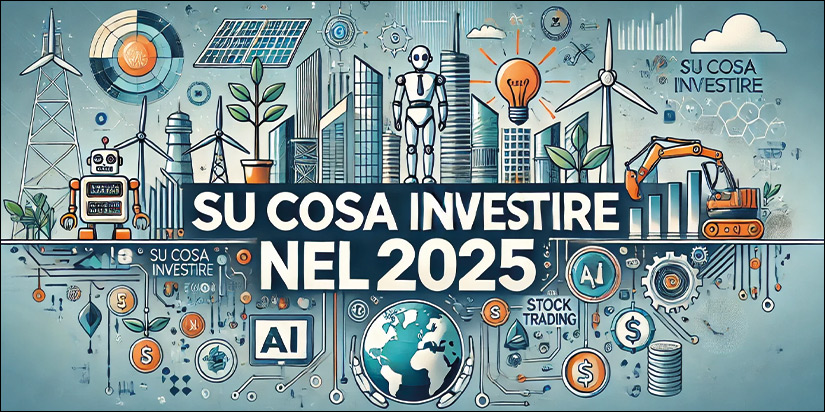The integration of systems is a doubly interesting market because, in addition to being a market in itself, it is linked to the vertical markets in which it is applied, adopting their dynamics. Understanding growth trends and key sectors in the labor market for 2025 will therefore offer valuable insights to companies, whether System Integrators, vendors, or distributors, to better focus their energies and resources for development in the upcoming year.
A recent study by Robert Walters Italy, based on the recruitment activities conducted by the Group’s teams and the forecasts made, sheds light on this. The main sectors expected to generate employment in Italy are renewable energy and healthcare. The former is currently supported by numerous state incentives and the PNRR, stimulating demand for professionals and energy efficiency systems, which can easily relate to the concept and benefits of integration and automation. However, we must not only think about companies producing green energy but also the many support companies involved, such as financial institutions managing significant investments in the sector.
Healthcare also confirms its development trends, driven by digitalization. A sector progressively opening up to integration, not only for improving infrastructure and workspaces but also for digital and immersive environments for training.
The issue of workspaces is also reflected in the trend highlighted by the study, transversal to all sectors, which sees an increasing focus by companies on work-life balance and workplace flexibility policies. These new approaches require a general reorganization of workspaces: more shared spaces that need appropriate infrastructure, multimedia equipment, and information and booking systems, along with the need for better organization of remote work. This confirms that the Corporate sector remains one of the most interesting for integration operators now and in the future.
Although not highlighted in the study, we can anticipate two other significant trends for 2025: the generational shift from Gen Z to Baby Boomers, which will introduce even more digital work practices, and, of course, the developments of generative artificial intelligence (AI), of which we are only seeing the beginnings, but we all know it will undergo a major transformation. Already today, AI supports tasks such as analyzing the usage data of a multipurpose room, and we can imagine that in the future, it will be increasingly integrated into all tools related to automation and space management.
Robert Walters Italy’s report provides data and forecasts on new technologies, work habits, compensation trends, work-life balance, and more. The complete report can be found here: Global Salary Survey 2025.







